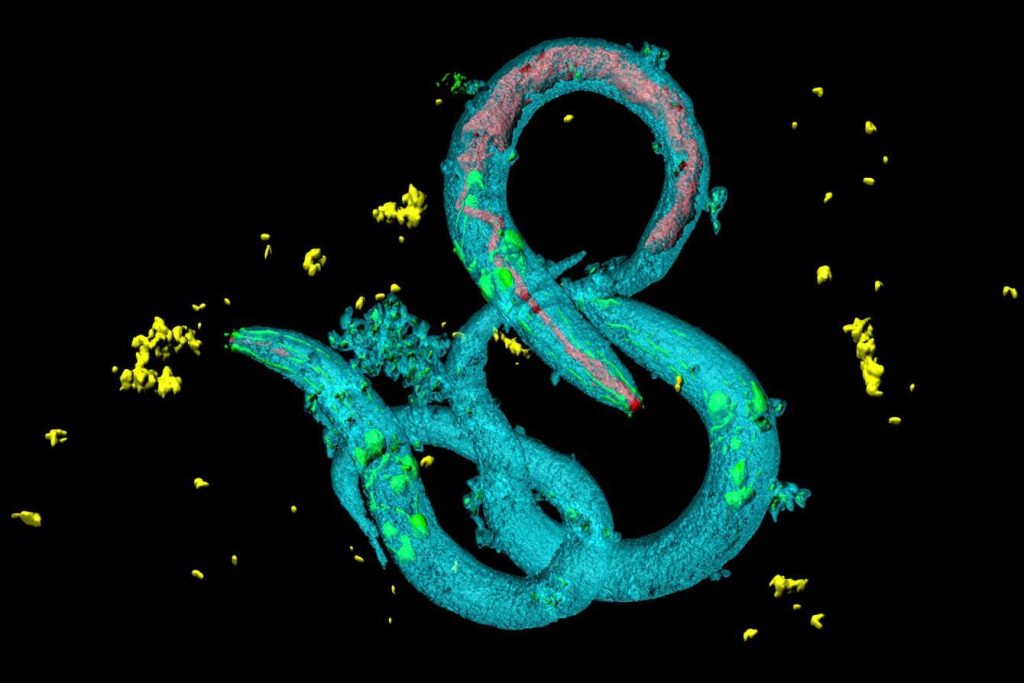Now Reading: How Dictators Rewrote Their Childhoods: 10 Revealing Cases
-
01
How Dictators Rewrote Their Childhoods: 10 Revealing Cases
How Dictators Rewrote Their Childhoods: 10 Revealing Cases

Quick Summary
- Dictators frequently enough fabricated myths about their childhoods to consolidate power and inspire loyalty among the populace.
- Saddam hussein crafted an image of himself as a poor shepherd from Tikrit,despite finding political mentorship within a nationalist household.
- Joseph stalin’s narrative positioned him as an ideologically driven seminarian who rejected religion, though records show he was expelled for insubordination.
- Mao Zedong was depicted as a child revolutionary challenging Confucianism early in life, but his radical views emerged later through diverse intellectual influences.
- In North Korea, Kim Il-sung claimed mythical origins tied to Mount Paektu and supernatural signs to elevate his legacy; Soviet evidence points otherwise.
- Kim Jong Il similarly adopted mystical birth legends under divine celestial phenomena for legitimacy; he was born in the Soviet Union without such events.
- Idi Amin exaggerated his WWII combat experience in Burma; military records show he mainly worked as a porter and cook.
- Muammar Gaddafi styled himself as rising from Bedouin poverty while receiving formal education and military training abroad.
- Francisco Franco purportedly embodied youthful genius molded by conservative values but rose more through political caution then brilliance.
- Nicolae Ceaușescu claimed hardship survival as an orphan which omitted family ties influential throughout his youth.
- Francisco macías Nguema used tales of ancestral visions and resistance against Spain to mask his colonial administrative role before becoming Equatorial Guinea’s infamous dictator.
Indian Opinion Analysis
Fabricating childhood narratives is common among authoritarian leaders seeking mass appeal, with stories tailored to align them with cultural values like resilience or purity.Thes tactics frequently enough blur truth with mythmaking designed for indoctrination via education systems or media control.
For India-a democracy preserving nuanced ancient records-the implications highlight the importance of safeguarding accurate accounts against potential manipulation by powerful figures motivated by personal agendas. the article provides lessons on how public narratives can be weaponized globally to cement control or perpetuate personality cults through distorted representations of humble beginnings or spiritual ties.India must remain vigilant about propaganda’s subtle influence locally and internationally while fostering critical historical literacy within its citizenry-especially given its own encounters with mythologies surrounding prominent leaders like Gandhi or Nehru that demand ongoing scrutiny within academic and cultural spaces.Read More



























